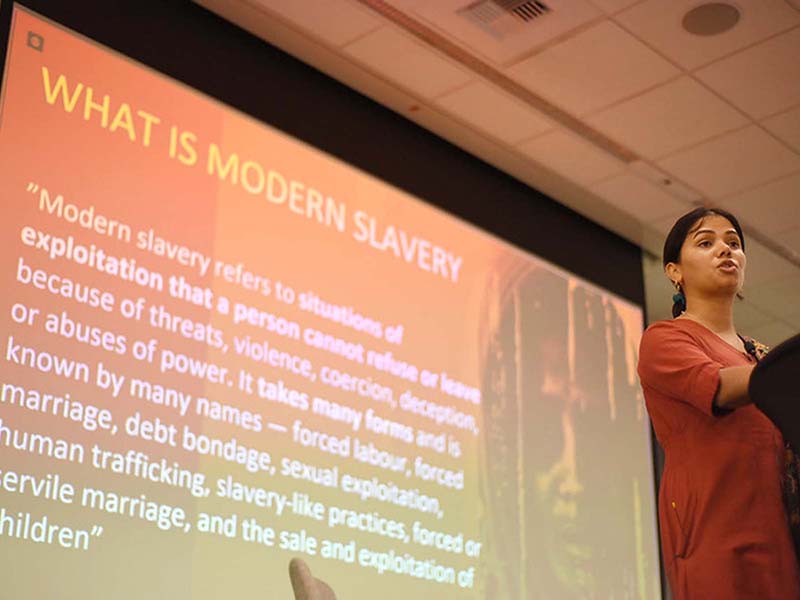The Challenge
The rapid growth of the information and communications technology (ICT) industry requires an expansive manufacturing supply chain that needs to address a range of labor, health, safety, and environmental challenges, including excessive working hours, growing carbon emissions, and inadequate living conditions for workers.
In 2004, it became clear that efforts to address these challenges would be more powerful if different players across the ICT value chain—brands, assemblers, and component manufacturers—formed one collaborative initiative. They enlisted BSR’s help.
Our Strategy
In 2004, a small group of ICT companies came to BSR with a simple request: Help us establish and grow an organization to implement the new Electronics Industry Code of Conduct through shared tools, collaborative approaches, and innovative methods. That same year, at the annual BSR Conference, the group officially launched the Electronic Industry Code Compliance, which in 2008 became the Electronic Industry Citizenship Coalition (EICC).
As a neutral facilitator, BSR helped the group establish sustainable approaches to governance, management, and membership growth. This included the launch of the EICC as an independent legal entity in 2008, and the recruitment of full-time secretariat staff in 2013.
As an expert on supply chain responsibility, we helped develop approaches to some of the industry’s most intractable problems, including conflict minerals, excessive working hours, water quality, and carbon emissions.
To ensure that this work was meaningful to business globally, we worked with companies and suppliers in all regions, and invited companies at all layers of the ICT supply chain to participate.
Our Impact
Now that the EICC has a full-time secretariat, BSR no longer facilitates the group. However, we do regularly participate in EICC events, and maintain a dialogue on best practices in supply chain management.
The EICC grew from seven companies at its launch to almost 100 companies by its 10th anniversary in 2014—which means the EICC now influences responsible business practices at companies representing more than US$2.6 trillion in revenues.
The most powerful way the EICC influences companies is through its code, which sets out minimum requirements on ethics, labor, health, safety, and the environment. As of the end of 2012, 100 percent of EICC member companies were applying the code at their suppliers’ facilities, and more than 80 percent were using EICC tools to conduct supplier risk assessments.
Additionally, the EICC ensures that lessons are shared across its membership by reviewing industry audit results and designing collaborative methods to address the most significant findings. This has allowed the group to create industrywide approaches to issues like conflict minerals, through the EICC’s Conflict-Free Sourcing Initiative, and water quality in China, by working with China’s leading environmental organization, the Institute for Public and Environmental Affairs.
Lessons learned
Bringing different parts of an entire industry’s supply chain together into one organization presents both opportunities and challenges.
On issues such as conflict minerals, environmental management, carbon emissions, working hours, and student workers, the industry has been able to develop solutions much more rapidly and effectively.
However, different parts of the ICT supply chain can have competing interests, and this creates challenges in decision-making, governance, and prioritization. Companies continue to seek evidence of how participation in the EICC will deliver measurable business benefits, and different membership tracks have allowed companies to make progress at different speeds.
At the same time, there are limitations even for an industrywide group such as this, due to core business factors and challenges associated with the ICT industry, such as pressures on price, quality, and delivery timelines, or the lack of government enforcement of legal requirements. Nevertheless, collaborative approaches have significantly increased the leverage of individual companies in the face of these challenges.
Let’s talk about how BSR can help you to transform your business and achieve your sustainability goals.








